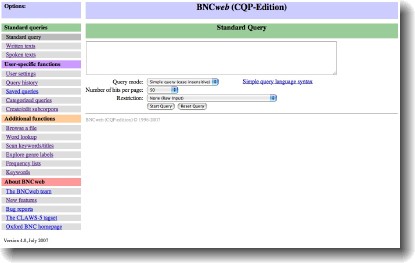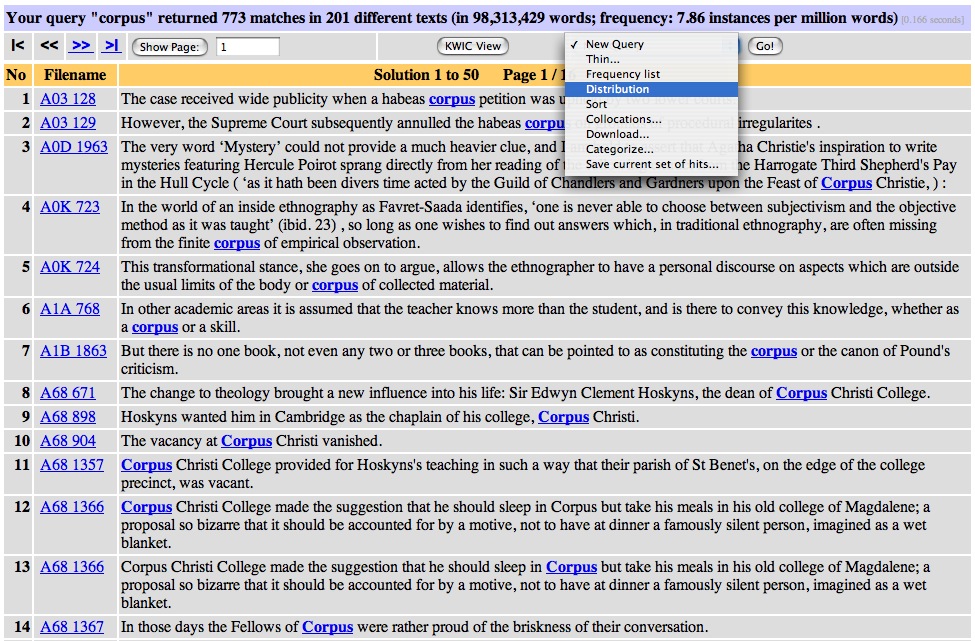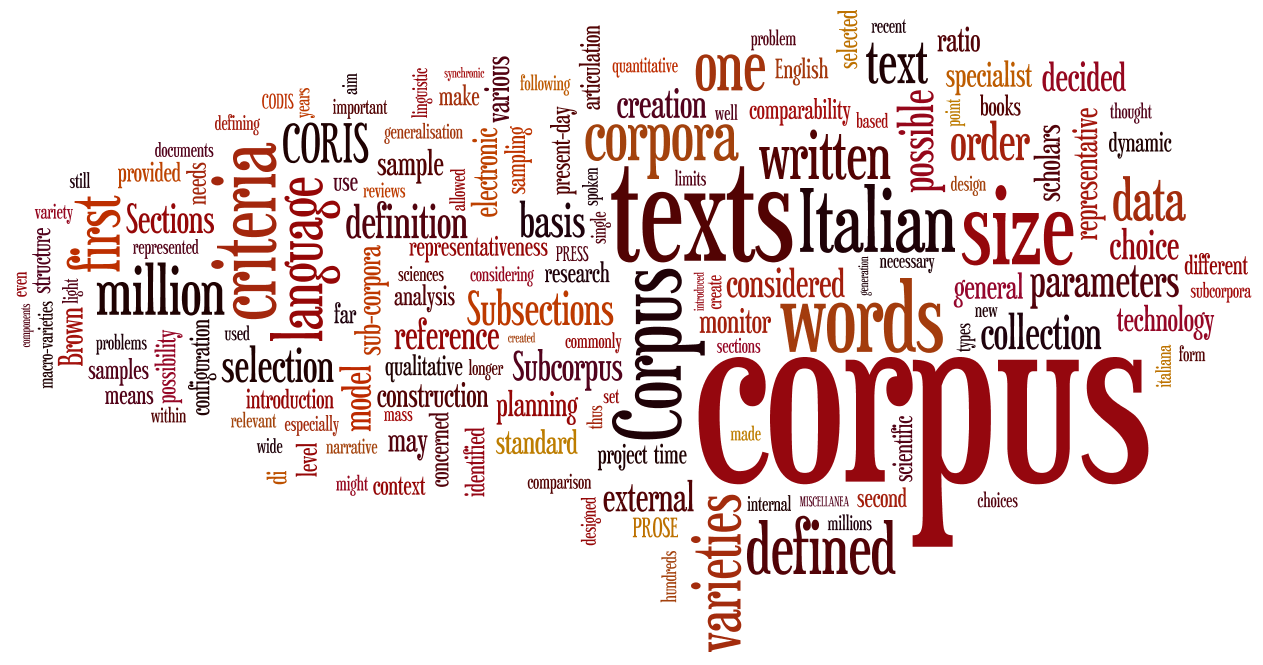This week I study "Modal Auxiliary in British English: A corpus-based study of modality through British national corpus" paper was written by Kriangkrai Vathanalaoha that three modal verbs (must", "should" and "have to") will be investigated through the British National Corpus web-based program (BNCweb) to illicit their grammatical differences and usage in English. This paper will introduce some background of the British National Corpus and subsequently review universal perception of modal auxiliaries in application of the BNCweb to the modal verbs focused, the findings reveal that these modal verbs are differently used in means of context and discourse.
✅ Objective
1. shed some light on modal verbs of which meaning are difficult to make distinction on theoretical background.
2. affirm that modalities can be interchangeable due to different context, such as gender, type of data, perceived level of difficulty.
💡 Methods
Three modal verbs ("should", "have to","must") will be scrutinized by available functions (distribution, collocation and concordance) via BNCweb in order to offer empirical information, such as grammatical usage and discursive practice, of modalities in British context. Details of methodology in each function will be subsequently explained in results and discussion section.
BNCweb is a useful device to explore practical usage in English language. Besides common grammatical knowledge, collocates can give new insight and broaden our point of view. Modal verb "must", "have to" and "should" have been explained in theoretical usage in many textbooks and sometimes each one has been exemplified by unrealistic examples. Through application of BNCweb, collocates can elucidate unforeseen patterns that co-occur with each modal verb and this will assist, at least, English teachers to give realistic examples to students from the top list of collocates.





